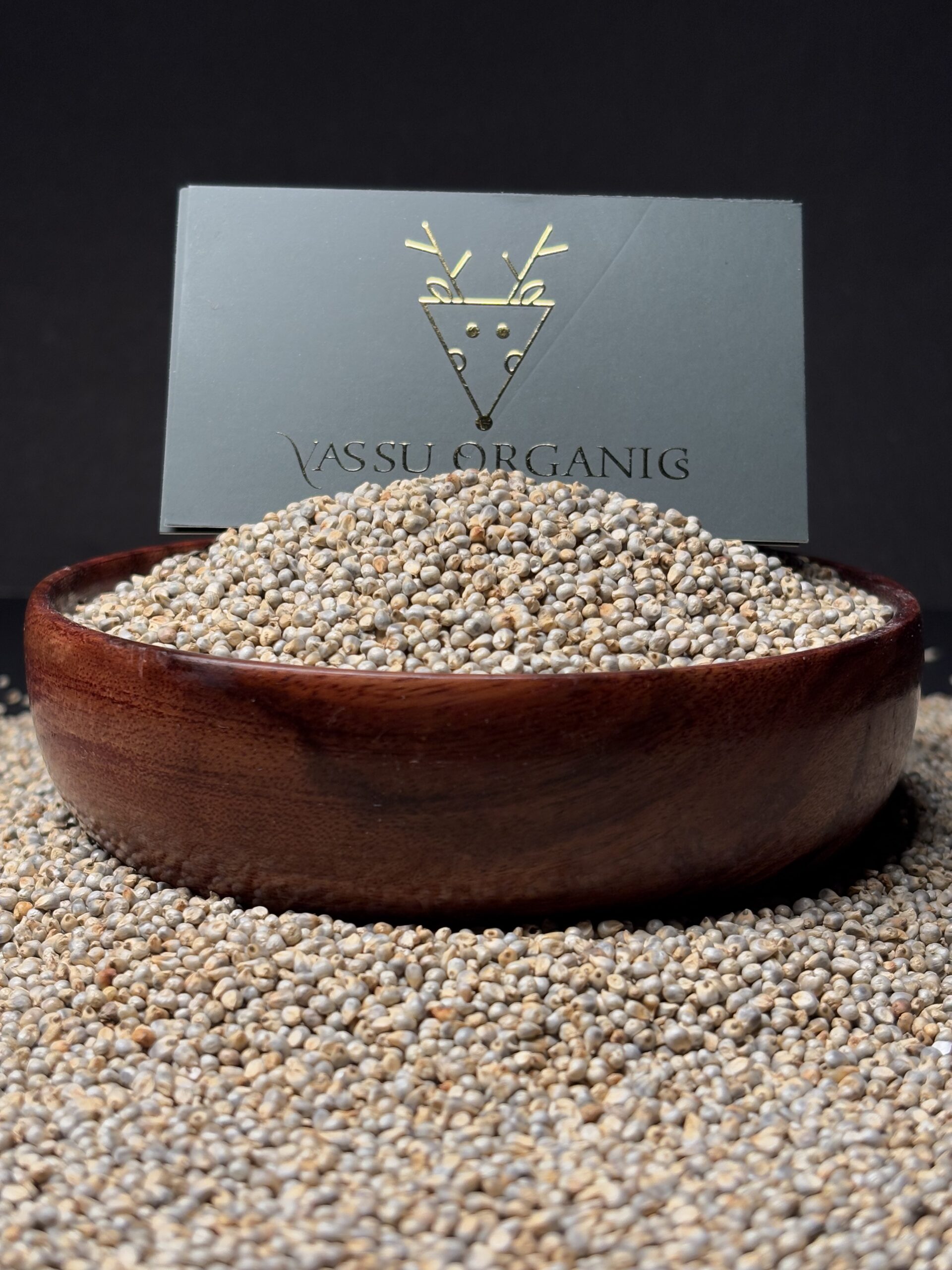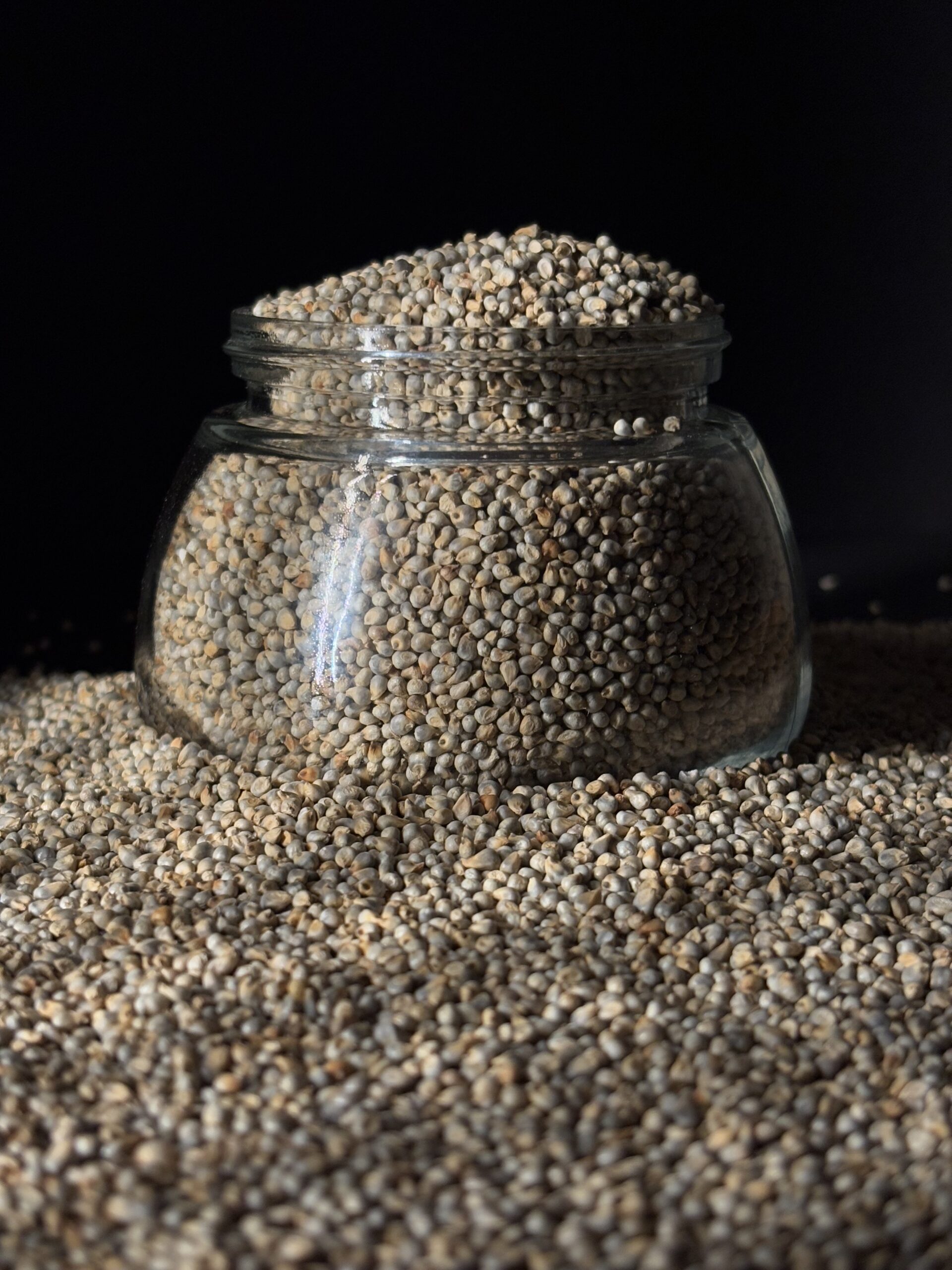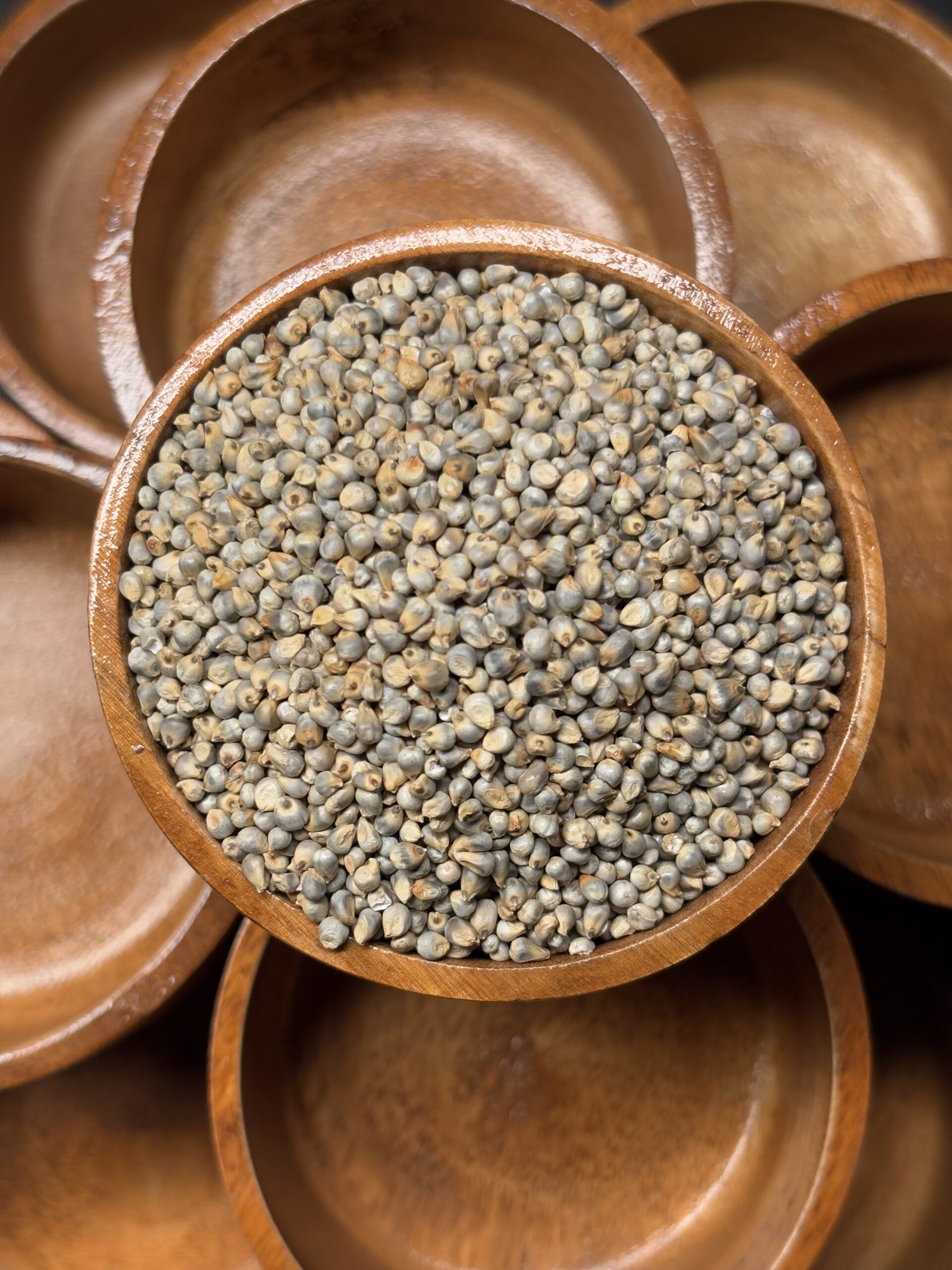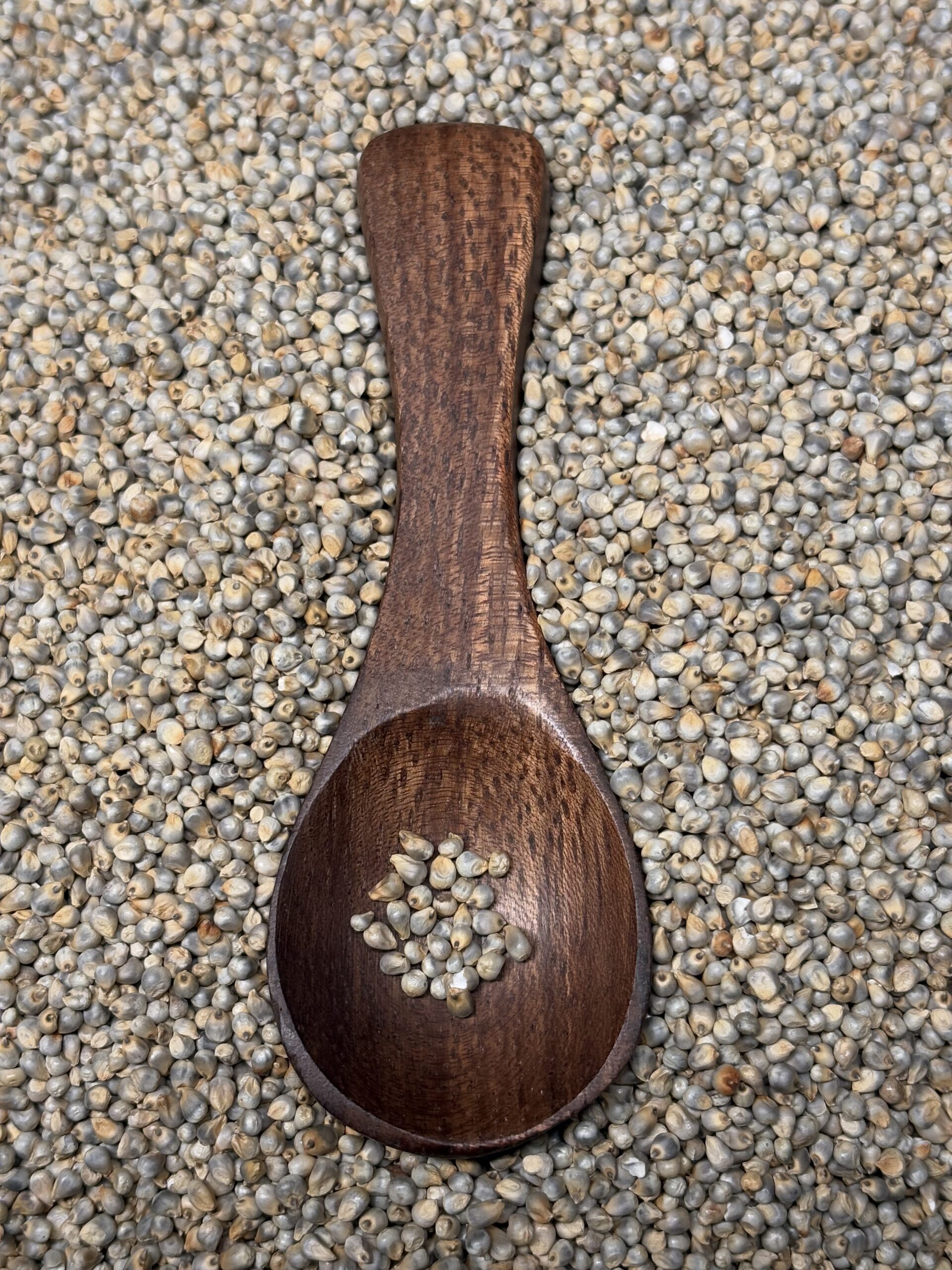



Pearl Millet
| Product Type | Millets |
|---|---|
| Style | Dried |
| Grade | A |
| Certification | FOSCOS, APEDA, MSME |
| Country of Origin | India |
| Stone, Metal, Glasses | Absent |
| Purity | 99.95% Maximum |
| Foreign Material | 0.1% Maximum |
| Broken Grain | 1–2% |
| Pests | Nil |
| Salmonella | Absent |
| Packing | As per client requirement |
| Brand Name | As per client requirement |
| Grain Color | Natural |
| Grain Taste | Characteristic |
| Appearance | Clean Grain |
| Smell | Characteristic |
Commercial Details
| Price | On Request |
|---|---|
| Payment Term | Advance / LC |
| Incoterms | FOB, CIF |
| Min. Order Quantity | 20ft container |
| Average Supply | 750 Metric Ton / Month |
| Port | JNPT, Mumbai, India |
About Pearl Millet
Pearl millet is an important source of dietary energy, and provides nutritional security for people in the third world countries, particularly in Africa and Asia. Previous studies have shown that pearl millet is an excellent source of micronutrients like iron and zinc. Owing to the presence of inhibitors like phytic acid, polyphenols, and fibres, the bioaccessibility of iron and zinc is very low in pearl millet diet.
The food value of pearl millet is superior to other cereals in its protein content with an excellent balance of amino acids and relatively high vitamin A content. It is also considered a "high-energy" cereal as it contains more oil than maize.
Pearl millet is an excellent source of energy, dietary fibre, and essential nutrients such as iron, magnesium, and phosphorus. It contains complex carbohydrates with a low glycaemic index, making it suitable for individuals with diabetes or those seeking to manage blood sugar levels.
Bajra or pearl millet is a nutrient-rich grain packed with protein, fiber, B vitamins, iron, and magnesium, making it a valuable addition to a balanced diet.
Nutritional Facts (per 100g)
| Calories | 378 kcal |
|---|---|
| Carbohydrates | 73.97 g |
| Dietary Fiber | 8.5 g |
| Protein | 10.67 g |
| Fat | 4.07 g |
